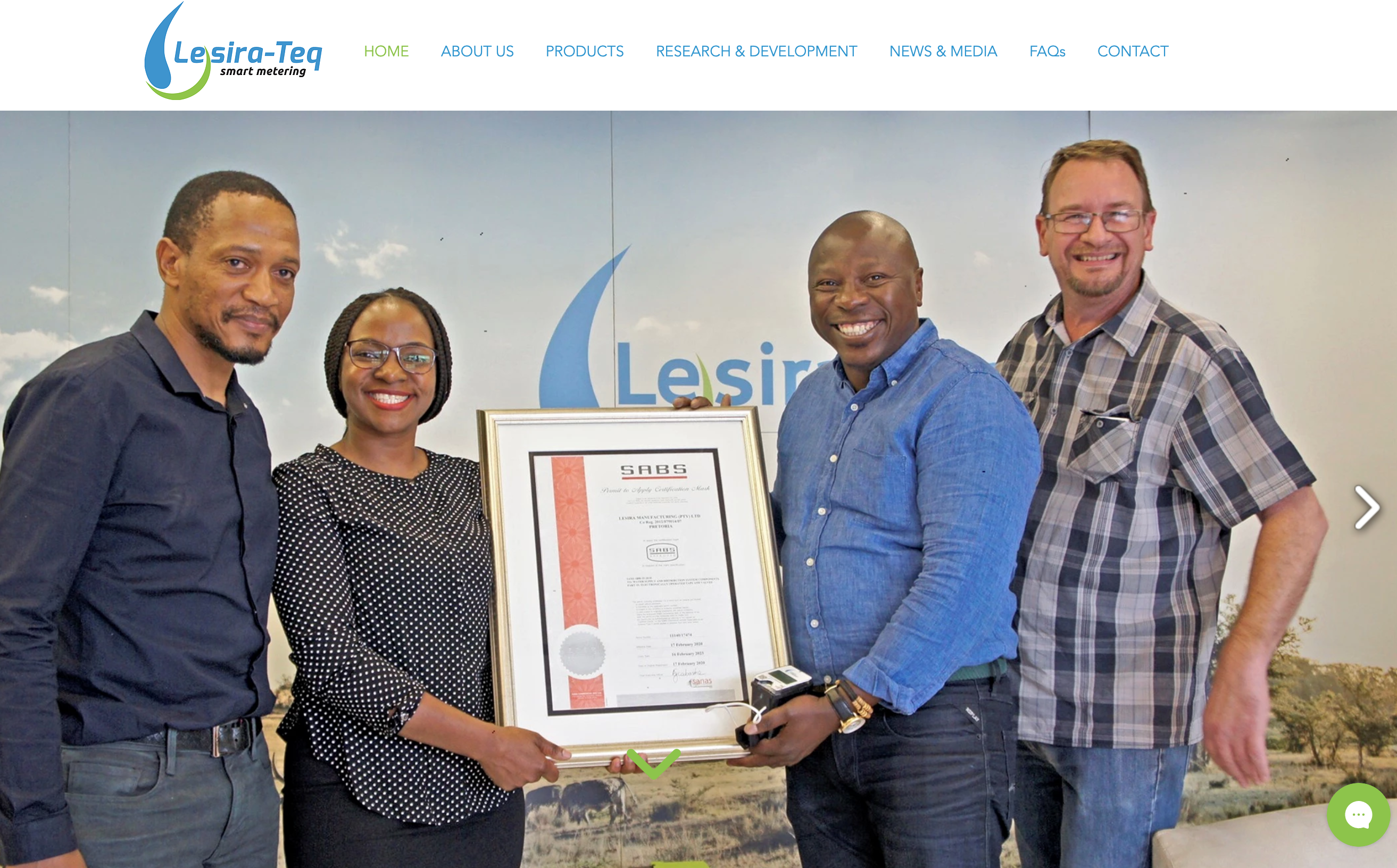An estimated 500 000 people in and around the heart of the capital were left without water as the City of Tshwane scrambled to fix a pipeline that burst recently. The Salvokop pipeline burst affected water supply to several areas, where people had to rely on tankers and municipal trucks.
This comes after the Minister of Water and Sanitation, Lindiwe Sisulu, released the Water and Sanitation Master Plan to tackle this issue in order to preserve water. The Master Plan states that over 3 million people still do not have access to basic water supply service and only 64% of households have access to a reliable water supply. Moreover, 41% of municipal water does not generate revenue and 35% is lost through leakage. The various emergency plans put in place are great and will definitely help with conserving water in the long run but in order to deal with the crisis, citizens have to also do their part. As such, these plans should also empower ordinary citizens to be more aware of their water consumption in order to help manage this shared resource.

The big question then is, how do we empower our everyday citizens so that they can help solve the major water crisis South Africa is facing?
Lesira-Teq, a proudly South African company based in Pretoria, addresses this issue by giving consumers the power to have visibility and control over their water consumption.
Lesira-Teq is a smart metering company that designs, manufactures and supplies water metering systems that connect wirelessly to the Internet. The ability for objects to connect to the Internet is known as the Internet of Things (IoT). These smart meters transmit their consumption information, which a user can then be able to access through a mobile app on their smartphone. “It is both a monitoring and management device, placing the power of consumption in the hands of the end-user,” says Edwin Sibiya, Lesira-Teq’s Chief Executive Officer. “They can track their water consumption daily or monthly on the Lesira Customer Smartphone Application, and make better decisions about how water is used in their household.”
The value of a smart meter goes beyond just the consumer, municipalities can also benefit from smart meters. The National Water and Sanitation Master Plan state that to achieve water security, an estimated capital funding gap of around R33 billion per annum for the next 10 years must be closed, through a combination of improved revenue collection and a significant reduction in operating costs. It further reveals that 35% of municipal water revenue is lost through leakages.
Smart meters can solve these problems for Municipalities by sending automatic notifications to their field teams as the leak is detected. These smart meters also enable municipalities a host of new features to better manage water, just by having near real-time meter readings.
Excited about the possibilities of the future, Lesira-Teq continues to innovate and break boundaries by continuous innovation through research and technology. The company has introduced a new tier of products aimed at solving multiple problems for both consumers and municipalities.




